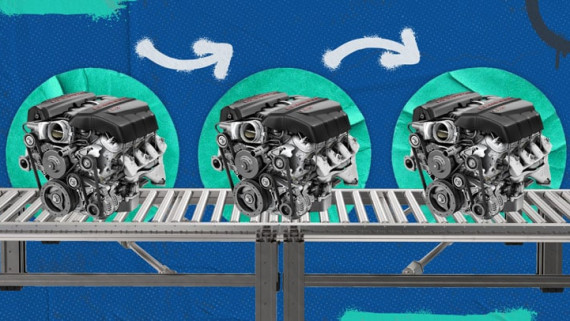NCVER study unlocks secrets of High-Performing RTOs
In the dynamic world of education and training, Registered Training Organisations (RTOs) play a pivotal role in equipping individuals with the skills and knowledge they need to thrive in their chosen fields. But what sets high-performing RTOs apart from the rest? A recent research study titled “Beyond the Standard: Motivators of High-Performing RTOs” conducted by the National Centre for Vocational Education Research (NCVER) sheds light on the key factors that drive the success of these exceptional organisations. In this blog, we will explore the key findings and delve into the motivators that propel RTOs toward excellence.
Understanding High-Performing RTOs
High-performing RTOs are not only distinguished by their strong financial performance but also by their commitment to quality training outcomes and customer satisfaction. These organisations exhibit a relentless pursuit of excellence, constantly seeking ways to improve and innovate to meet the needs of their learners and industry stakeholders.
Key Motivators of High-Performing RTOs
Strong Leadership and Vision
One of the critical factors highlighted in the research is the presence of strong leadership and a clear vision within high-performing RTOs. Effective leaders establish a strategic direction, inspire their teams, and foster a culture of continuous improvement. They prioritise innovation, engage with stakeholders, and ensure the organisation remains agile and adaptable in a rapidly changing environment.
Emphasis on Quality Training
High-performing RTOs prioritise delivering high-quality training programs that align with industry needs. These organisations invest in qualified trainers with industry experience and pedagogical expertise. They implement robust quality assurance systems to monitor and evaluate training outcomes, ensuring that learners receive education and skills development of the highest standard.
Strong Industry Engagement
Successful RTOs recognise the importance of forging strong relationships with industry partners. By actively engaging with employers, industry associations, and relevant stakeholders, they gain valuable insights into emerging trends and skill requirements. This enables them to develop training programs that are relevant, up-to-date, and responsive to the needs of the job market.
Commitment to Learner Support
High-performing RTOs go beyond the traditional role of trainers; they prioritise learner support throughout the training journey. They offer personalised guidance, mentorship, and counselling services to help learners overcome challenges and maximise their potential. By providing a nurturing environment and fostering a sense of belonging, these RTOs enhance learner engagement and motivation.
Continuous Improvement and Innovation
To stay ahead of the curve, high-performing RTOs embrace a culture of continuous improvement and innovation. They actively seek feedback from learners and stakeholders, regularly review their training programs, and adopt emerging technologies and teaching methodologies. By staying abreast of industry developments and implementing innovative practices, these RTOs ensure that their offerings remain relevant and effective.
The research study conducted by NCVER underscores the multifaceted nature of high-performing RTOs. Beyond financial success, these organisations prioritise strong leadership, quality training, industry engagement, learner support, and continuous improvement. By understanding and embodying these motivators, RTOs can elevate their performance and make a lasting impact on learners and industries alike.
In a rapidly evolving world, the role of RTOs is increasingly vital. As the demand for skilled professionals continues to grow, it is imperative for RTOs to strive for excellence, not merely in meeting standards but by embracing these motivators and transcending them to become true leaders in vocational education and training.











